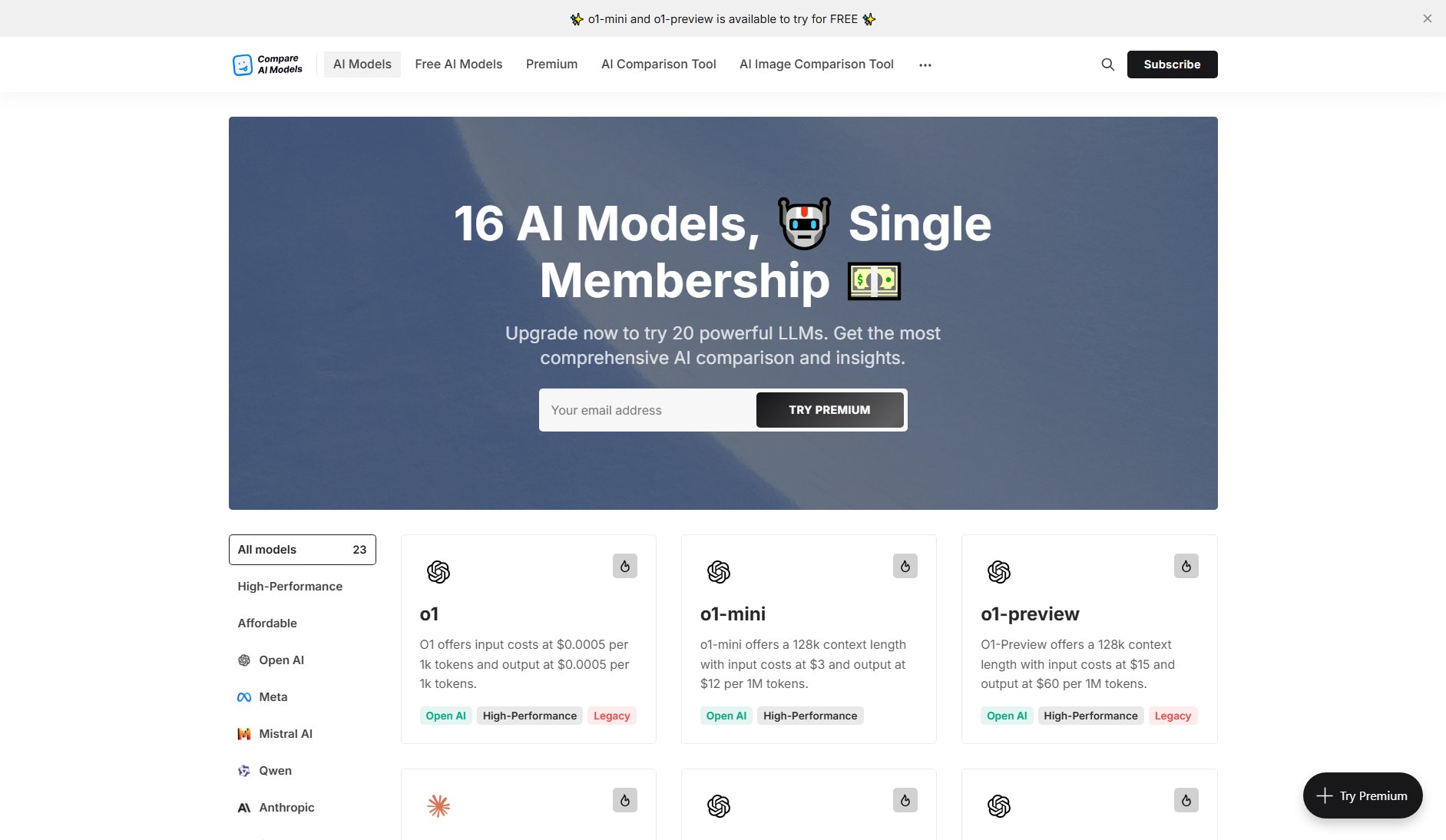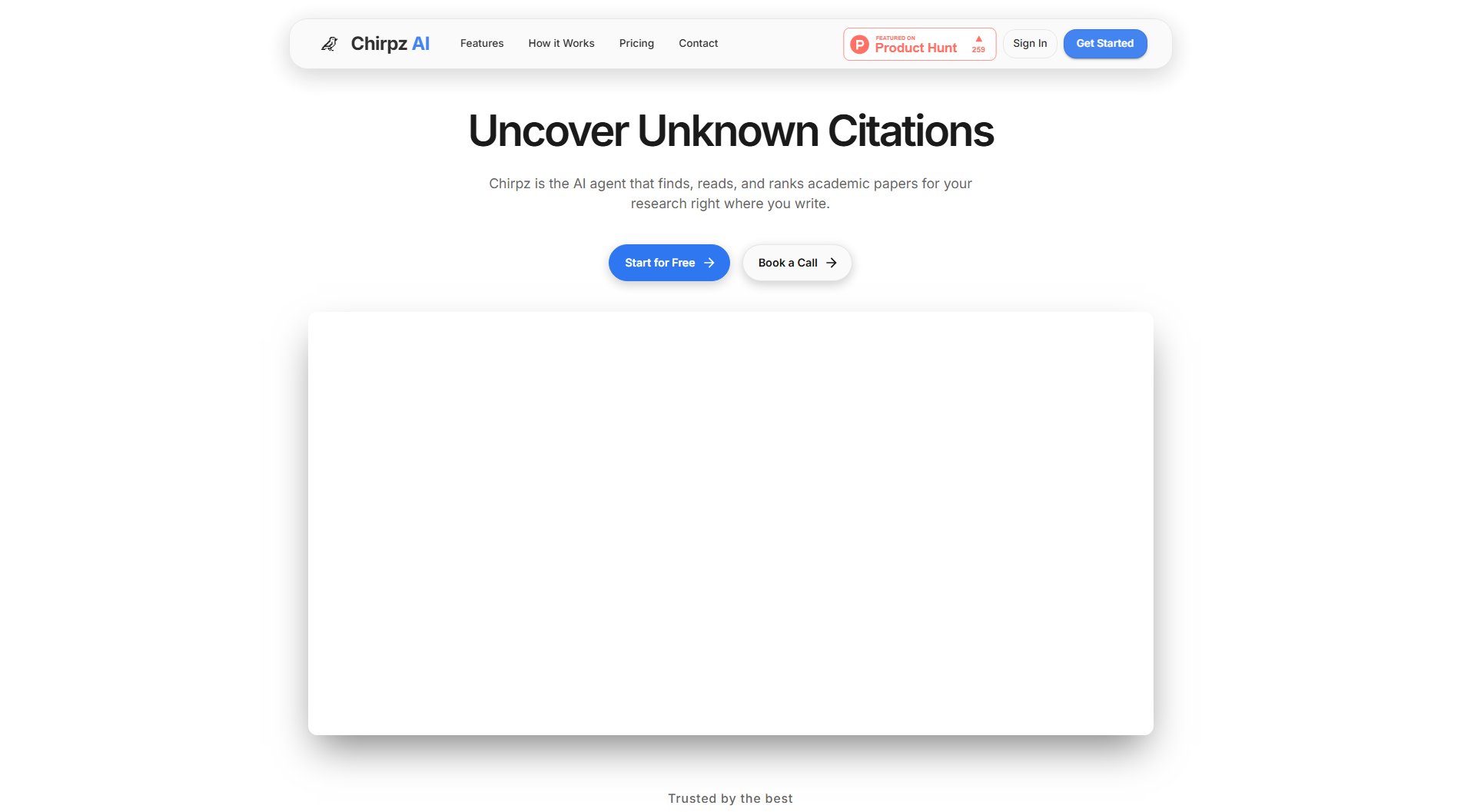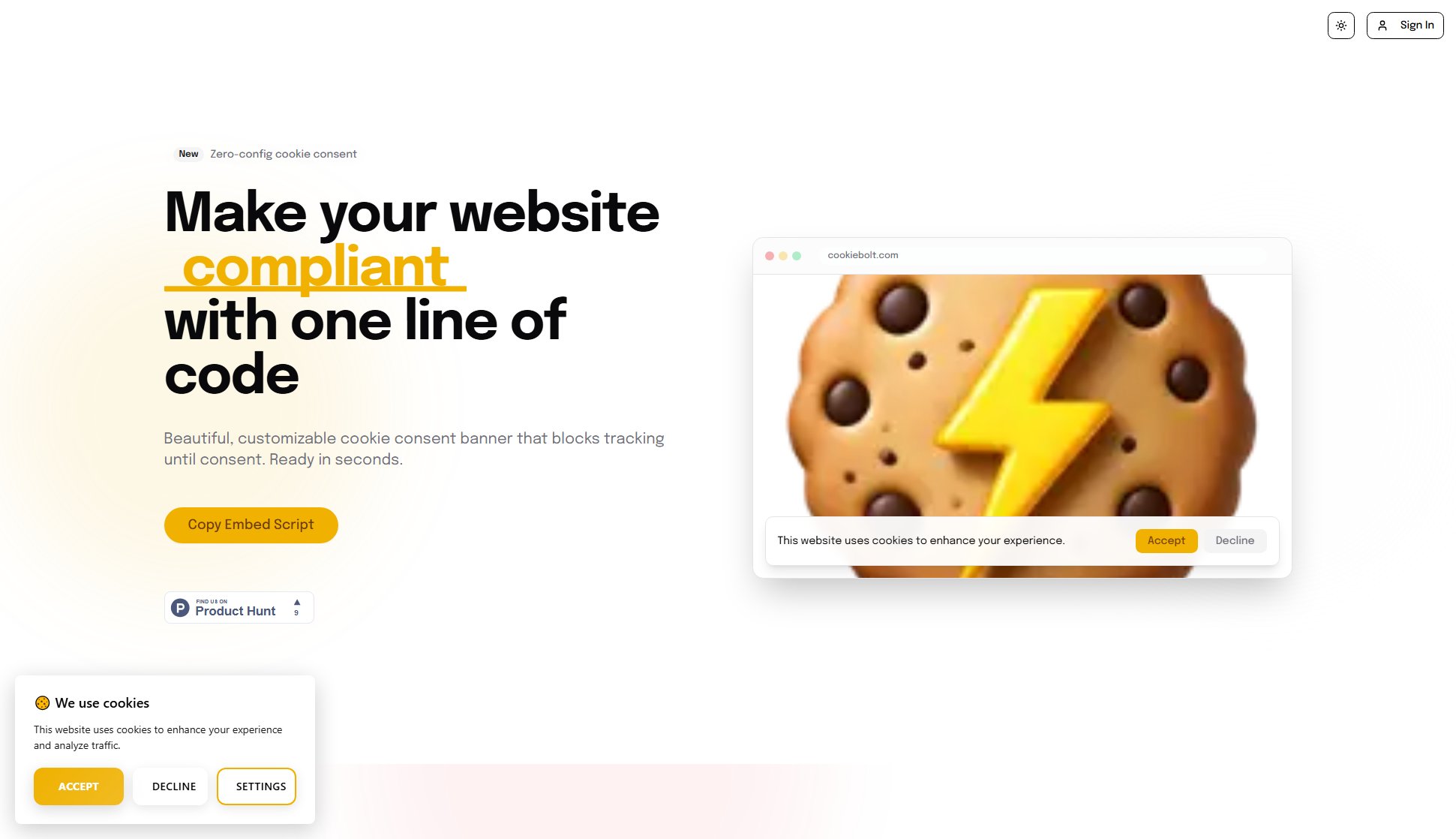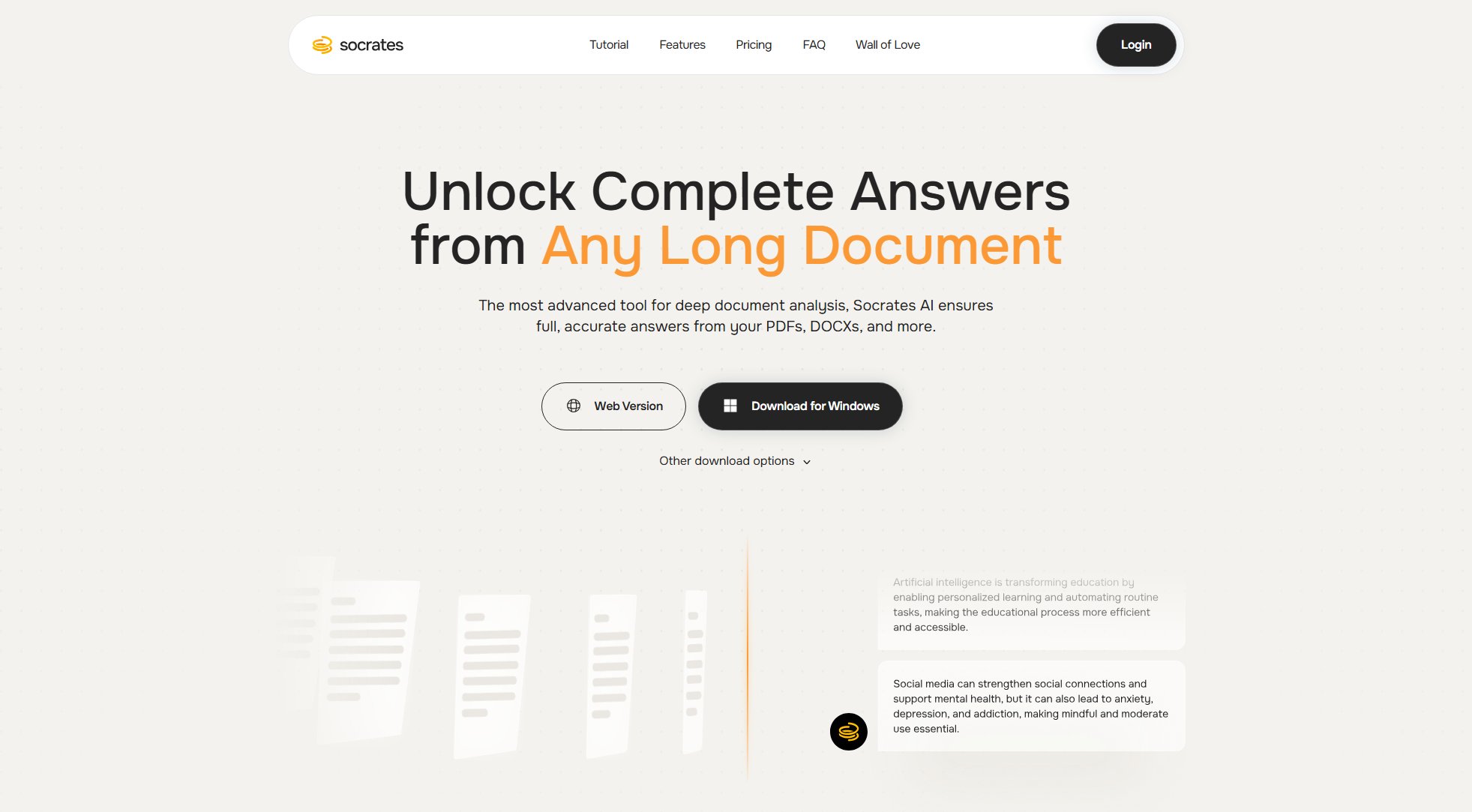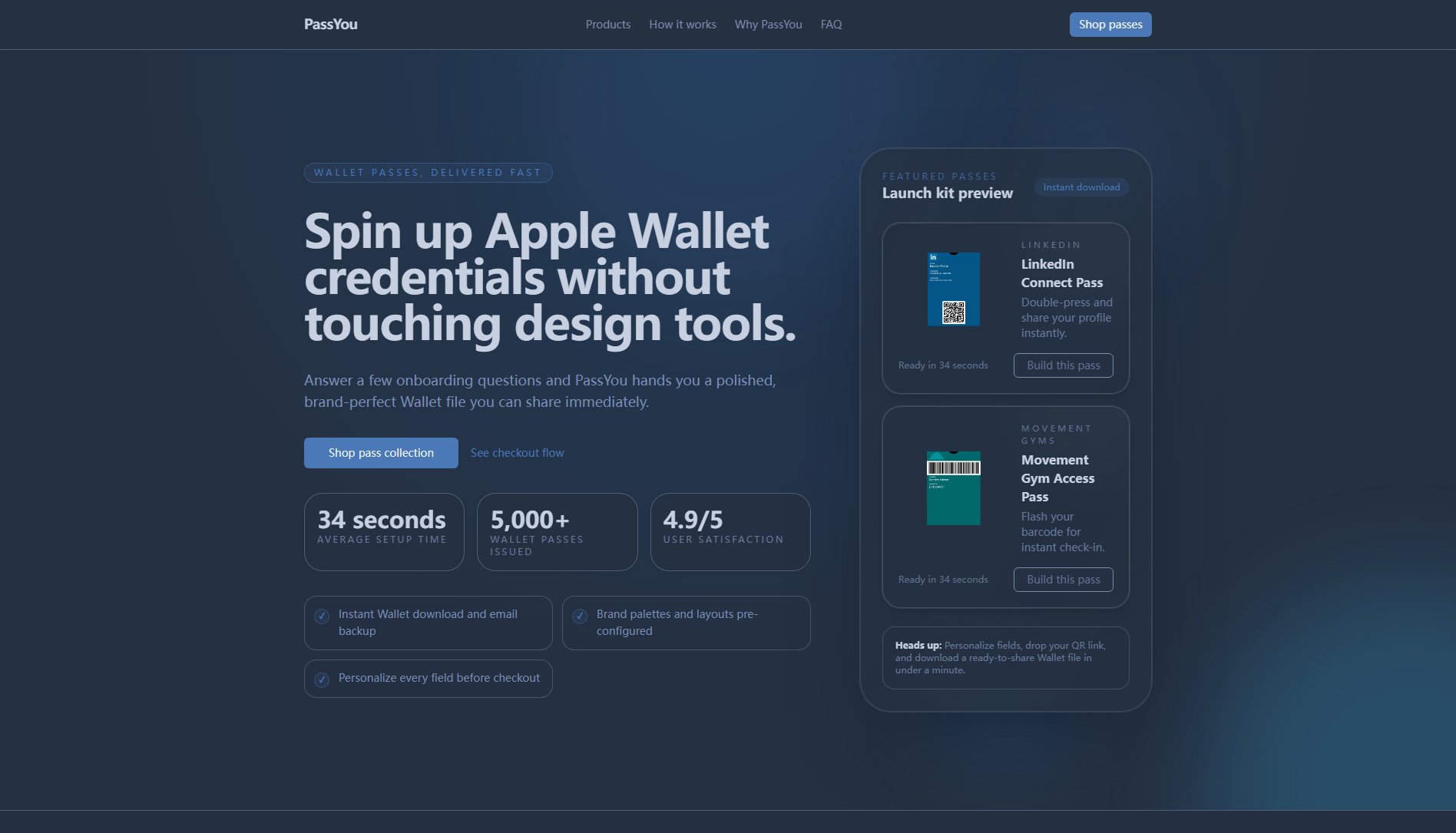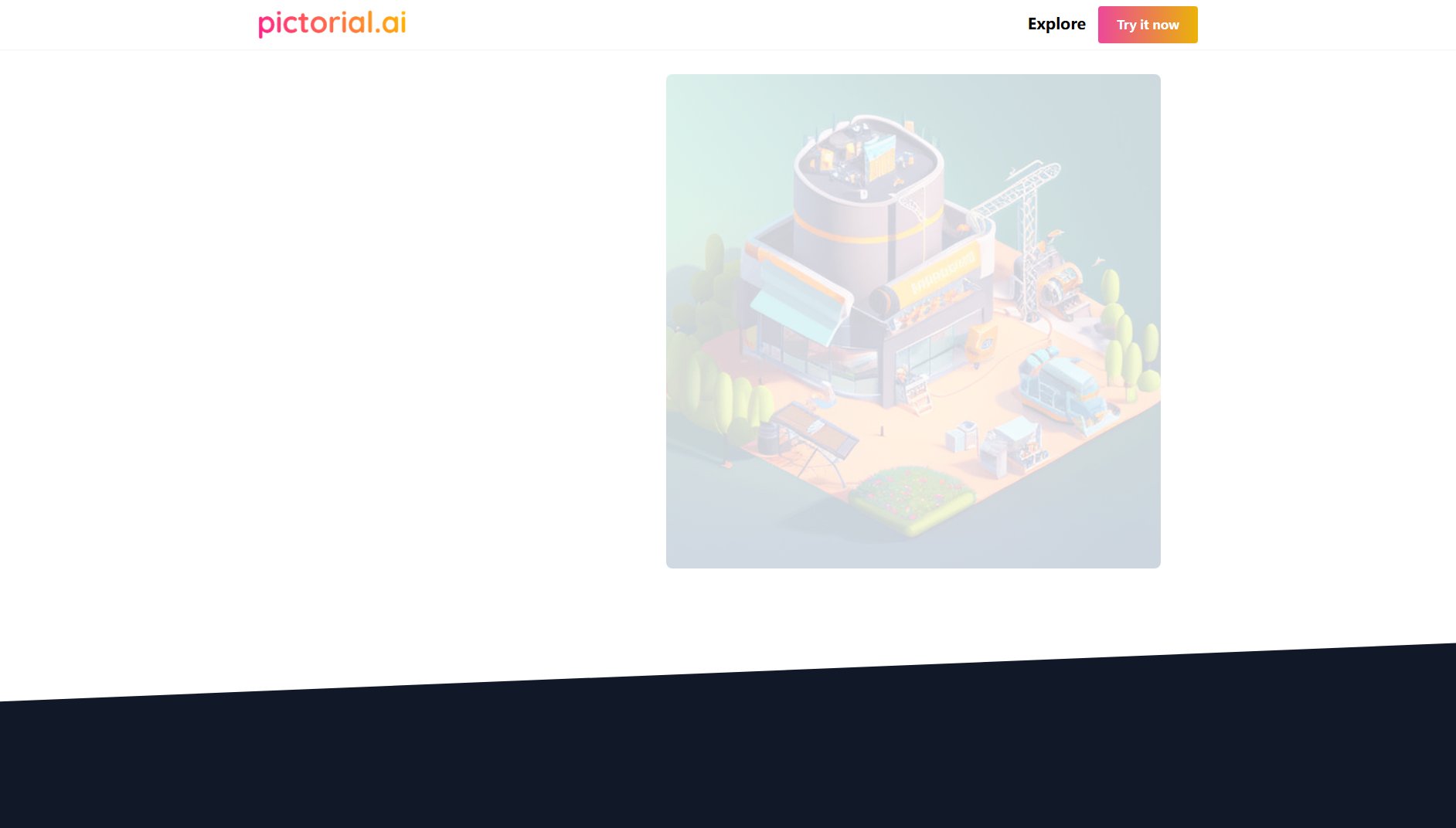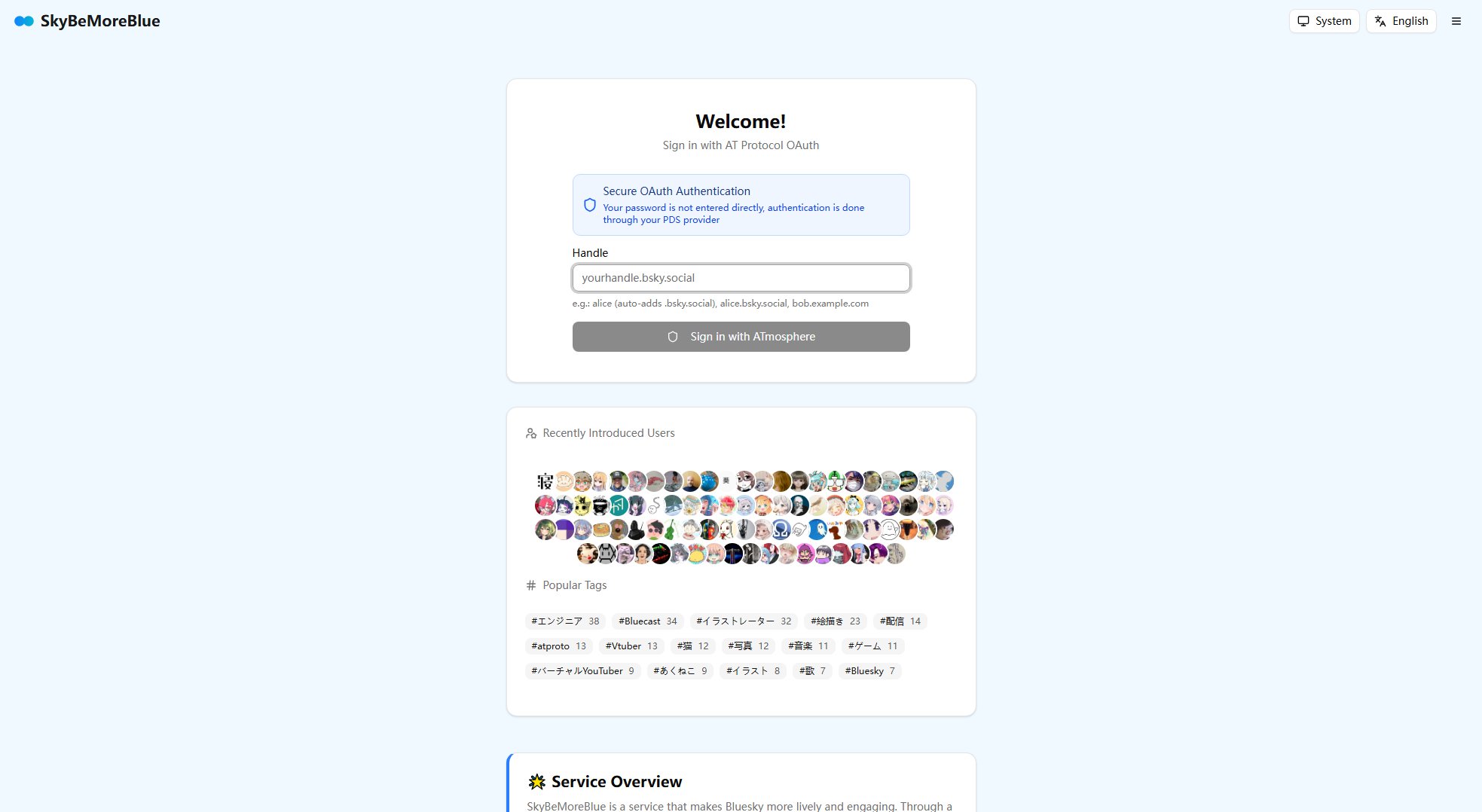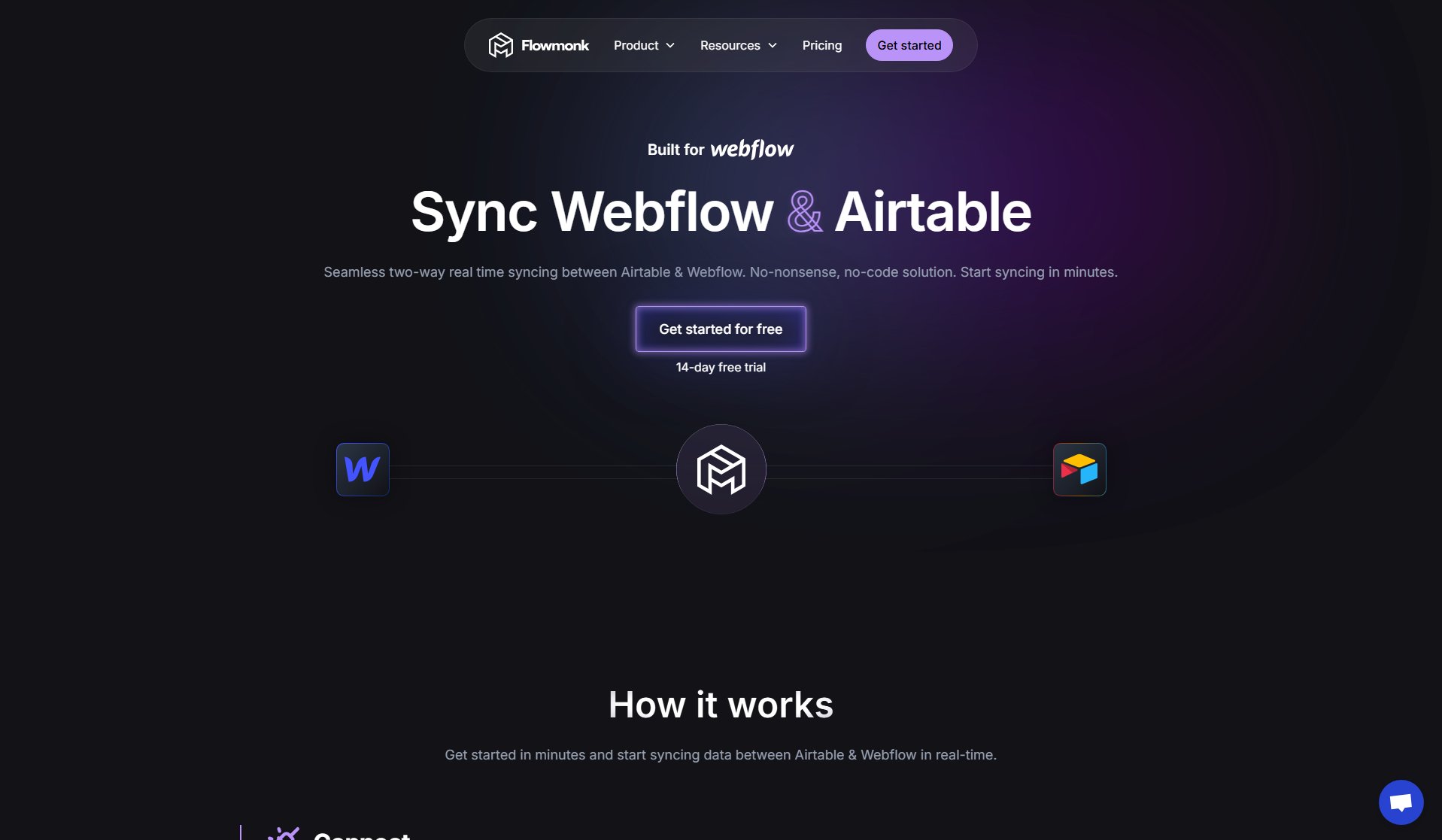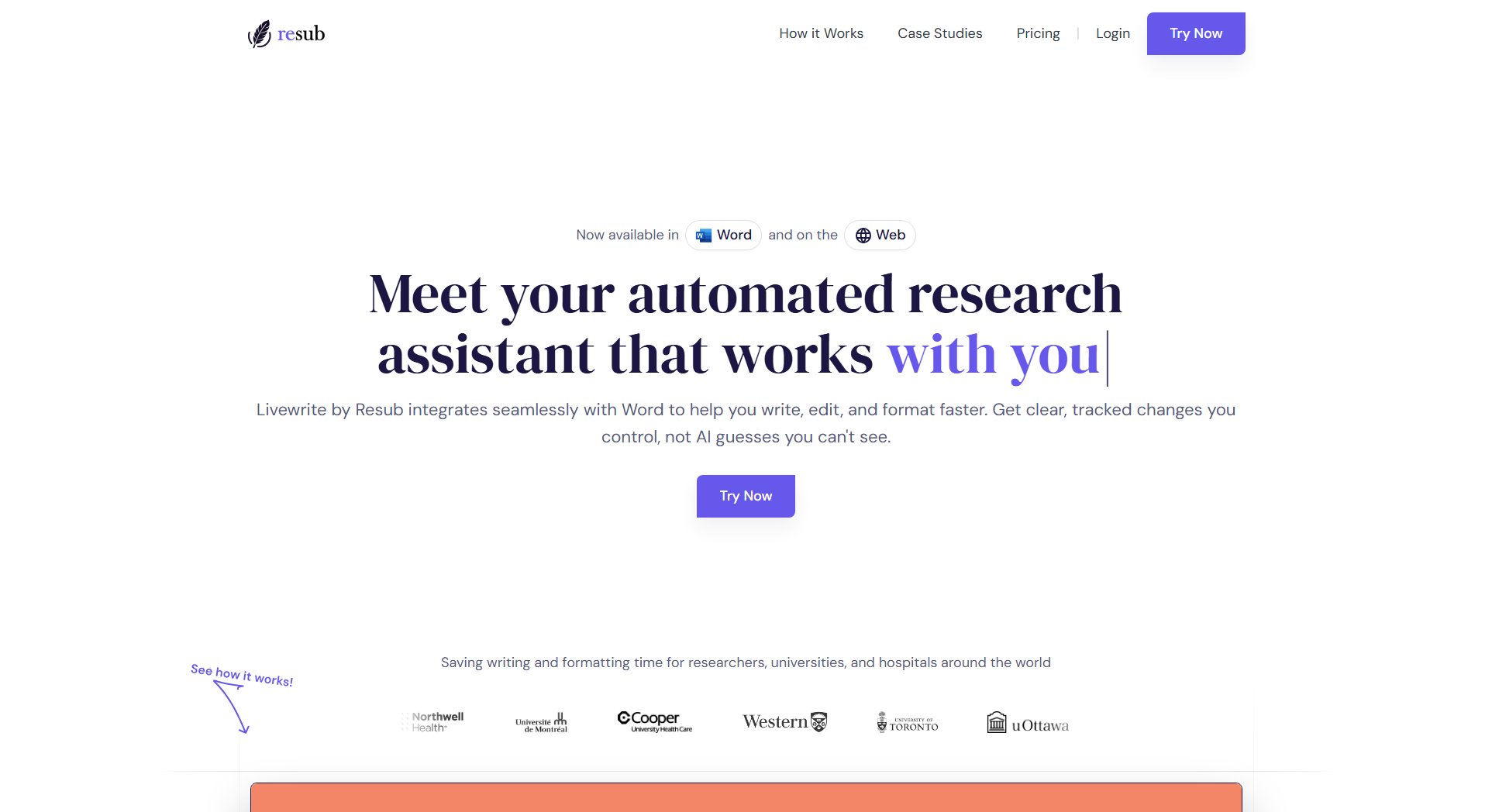GetFreeProxy
Daily updated free proxy list with 33834 live HTTP, SOCKS5, SSL, VMESS/VLESS proxies
What is GetFreeProxy? Complete Overview
GetFreeProxy is a trusted source for free proxy lists that are updated daily and verified for functionality. The platform provides a real-time list of thousands of public proxies, including HTTP, SOCKS5, VLESS, VMESS, Shadowsocks, and more. Each proxy is tested 24/7 for speed, anonymity, and reliability. The service is ideal for users who need proxies for testing, casual browsing, small-scale research, or educational purposes. The proxies are categorized by protocol, country, anonymity level, speed, and uptime, making it easy to find the right proxy for specific needs.
GetFreeProxy Interface & Screenshots
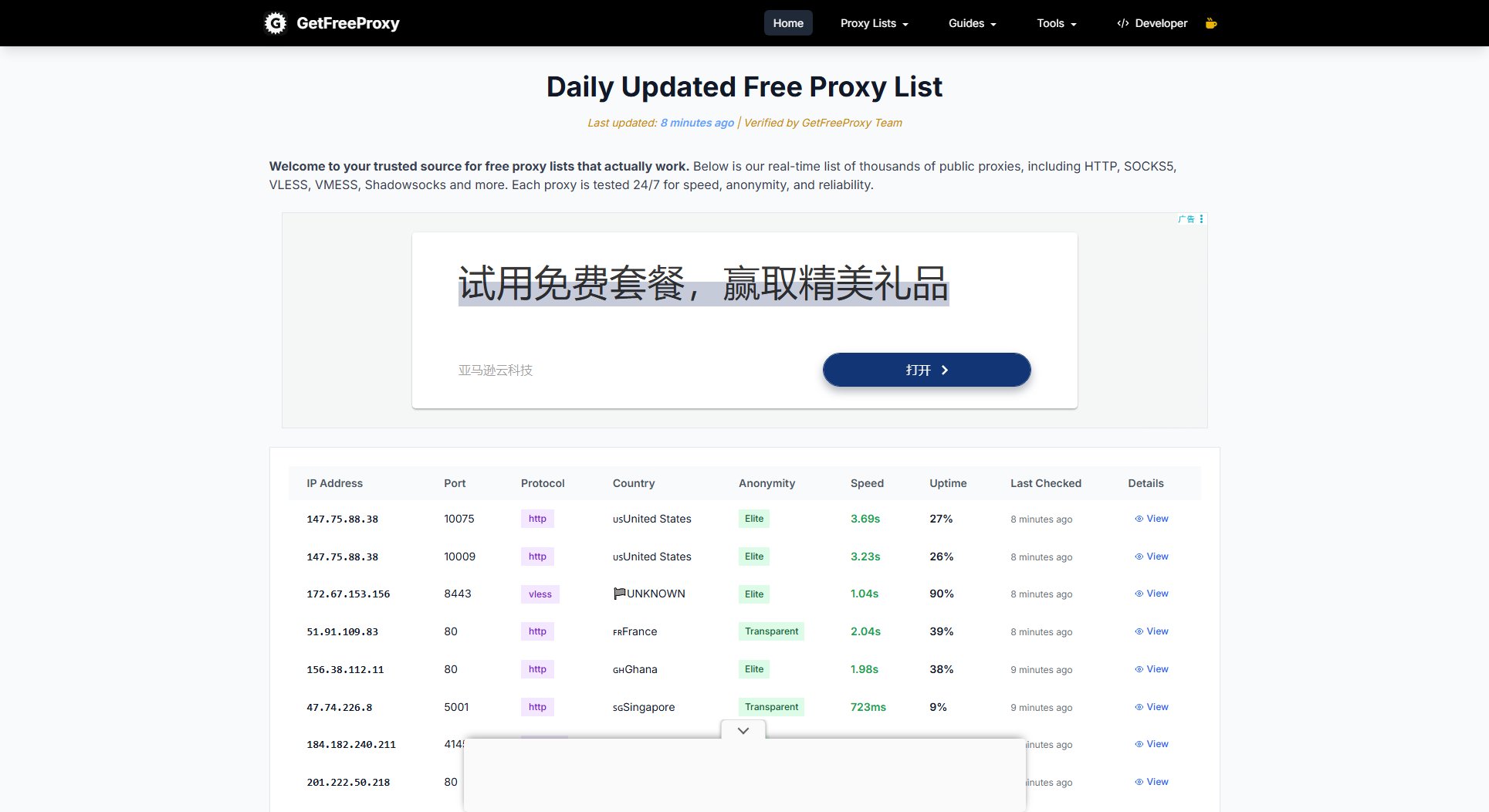
GetFreeProxy Official screenshot of the tool interface
What Can GetFreeProxy Do? Key Features
Daily Updated Proxy List
The proxy list is updated every 15 minutes, ensuring users have access to the freshest and most reliable proxies. Dead or slow proxies are automatically removed, providing a consistently high-quality selection.
Multiple Protocol Support
Supports a wide range of protocols including HTTP, HTTPS, SOCKS4/5, VLESS, VMess, Shadowsocks, and Trojan. This versatility allows users to choose the best protocol for their specific needs, whether for basic browsing or advanced security.
Real-Time Testing
Each proxy is tested in real-time for speed, anonymity, and uptime. Metrics like response time (ms) and uptime (%) are provided to help users select the most reliable proxies.
Comprehensive Proxy Details
Detailed information for each proxy includes IP address, port, protocol, country, anonymity level, speed, uptime, and last checked time. This transparency helps users make informed decisions.
Free Proxy API
Users can access more proxies via the Free Proxy API, making it easy to integrate the proxy list into their own applications or workflows.
Best GetFreeProxy Use Cases & Applications
Testing and Development
Developers can use the proxies to test geo-restricted features or simulate traffic from different locations. The variety of protocols ensures compatibility with different testing environments.
Casual Browsing
Users can access region-blocked content for personal use, such as streaming services or websites that are restricted in their country.
Small-Scale Research
Researchers can gather public information from different geographic locations without investing in expensive proxy services.
Learning and Education
Students and educators can use the proxies to understand how proxy technology works and experiment with different protocols and configurations.
How to Use GetFreeProxy: Step-by-Step Guide
Choose a Proxy: Browse the live list and find a proxy that matches your needs. Look for high uptime and low latency. It's recommended to test each proxy with the proxy checker before use.
Copy IP & Port: Simply copy the IP address and port number. This is all the information you need to get started with configuring the proxy.
Configure & Connect: Enter the proxy details in your browser or application settings. Once configured, you can start browsing through the proxy.
GetFreeProxy Pros and Cons: Honest Review
Pros
Considerations
Is GetFreeProxy Worth It? FAQ & Reviews
The proxy list is updated every 15 minutes, 24/7, ensuring you always have access to the freshest and most reliable proxies. Dead or slow proxies are automatically removed.
Free proxies can be used for small-scale, non-critical web scraping tasks, but they come with limitations. They may be unreliable, have IP bans, or rate limiting. For serious commercial projects, consider dedicated proxy services.
Free public proxies are often temporary and can go offline without notice. They might be overloaded with users, blocked by websites, or experiencing technical issues. This is why real-time testing is crucial.
VLESS is a lightweight V2Ray protocol, VMess is V2Ray's original protocol with encryption, and Shadowsocks is a fast SOCKS5 proxy with strong encryption. Each offers different levels of security and performance.
Traditional proxies (HTTP, HTTPS, SOCKS) require no special software. Modern protocols (VLESS, VMess, Shadowsocks, Trojan) require compatible clients like V2RayN or Clash.
